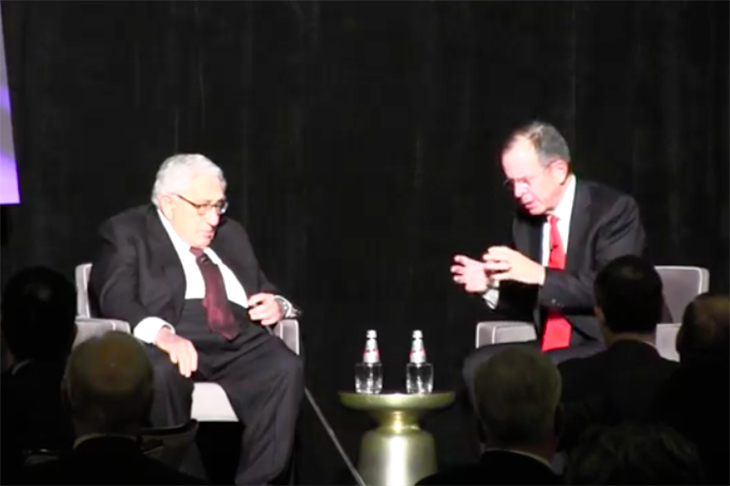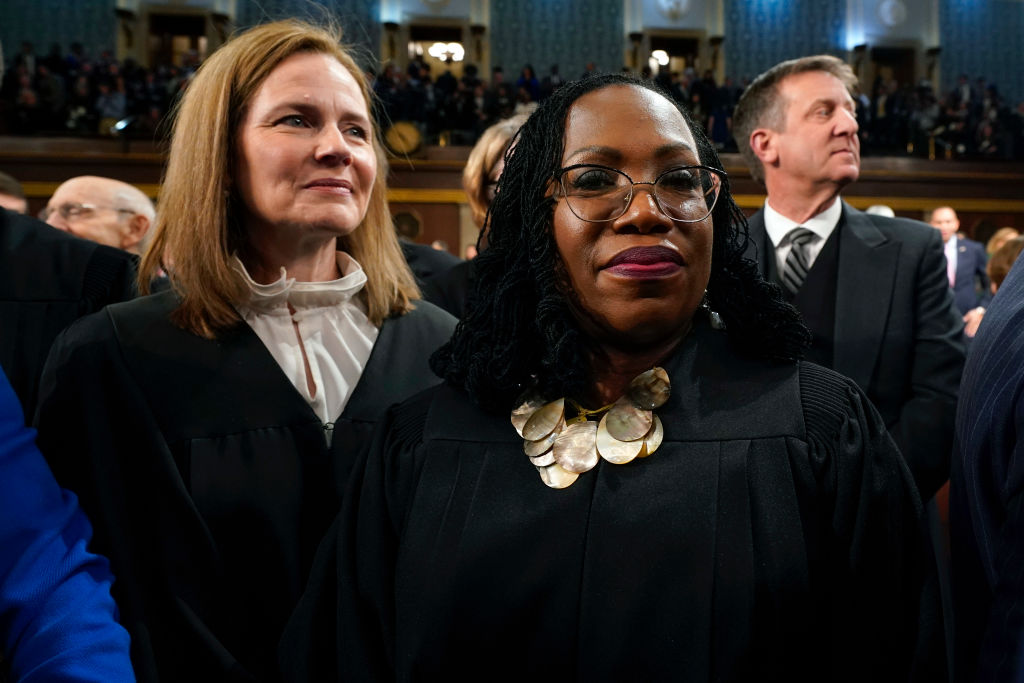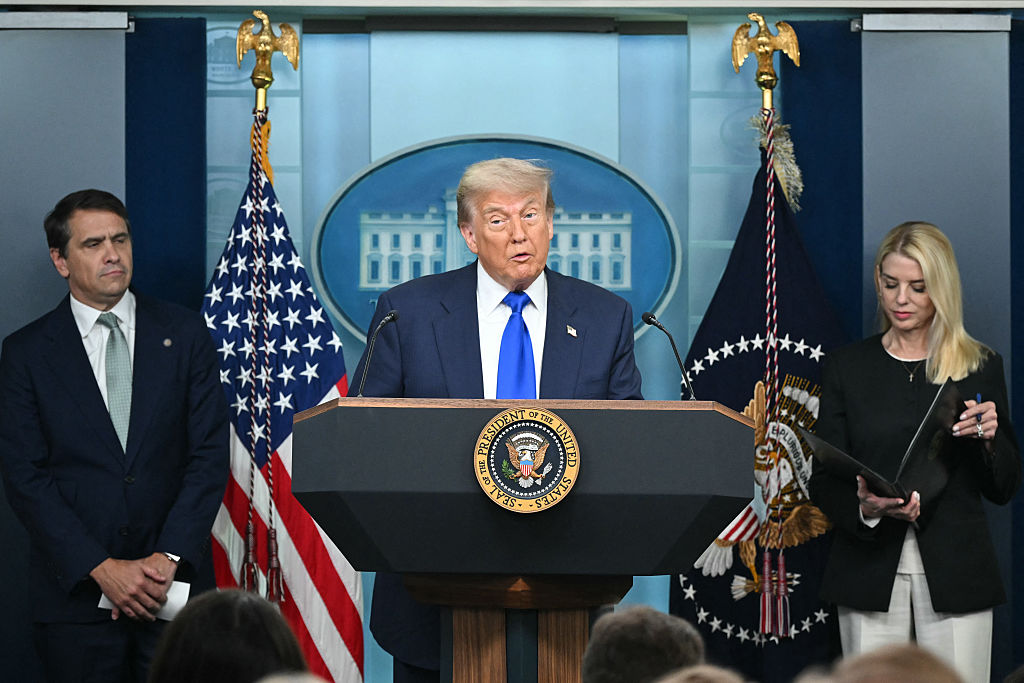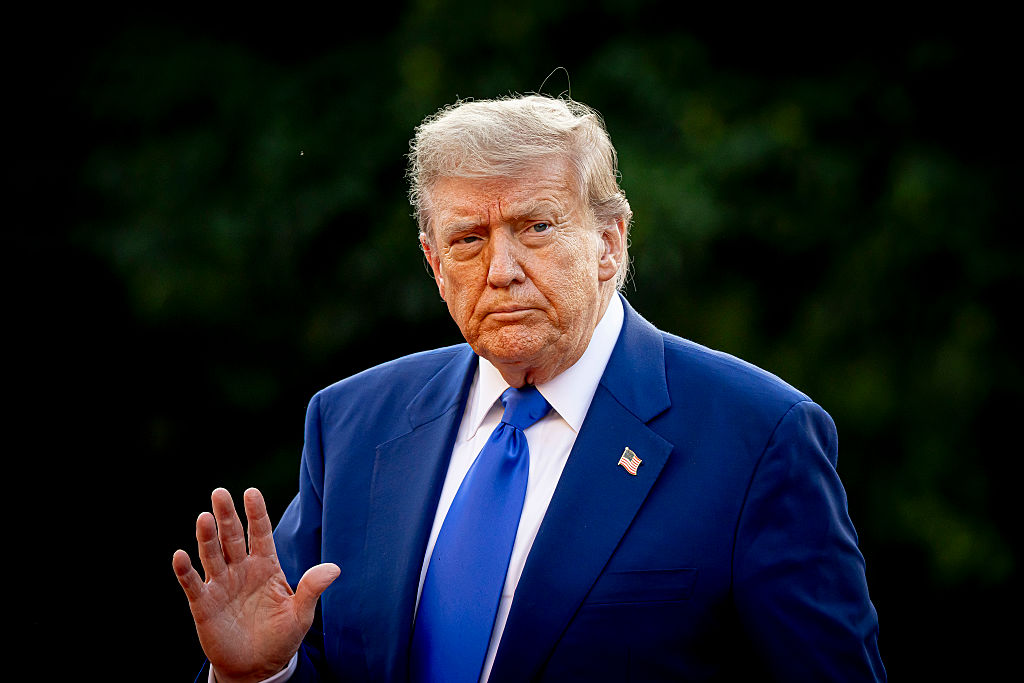Former secretary of state Henry Kissinger thinks that the impeachment process is being wrongly deployed by the Democrats — and wasn’t ‘designed for what happened under Watergate’ either.
In a Q&A session at the Center for the National Interest Wednesday night, Kissinger suggested that such attempts to remove the president only weakened America’s international standing.
Read the full transcript below:
‘I don’t think the impeachment process was designed for what happened under Watergate and what is happening now, that is to say, the question of how the system responds to a chief executive who acts unwisely, and perhaps even wrongly. I believe that the Founders meant that if a chief executive acts wrongly for a sustained period of time in sense of principles, that then the system should respond.
‘In the first 280 years of our existence, there was only one impeachment process, and that was in the Civil War. When it’s built into the system so that it becomes a way of disagreeing with the president, then it’s a different order of magnitude, and one of its consequences is, in my observation, in 1973 when Nixon’s second term started, we thought we had the international system in a position where we could pursue positive American purposes, from a very strong balance of power, that was the basis. But when that process gained momentum, even granting that Nixon made many mistakes, what it did was that almost all the public servants had to address in each instance of an action, how that could be interpreted over a period of time. And more and more emphasis was put on short-range rather than on long-range of considerations.
‘So one of the greatnesses of our system is that we encapsule [sic] in the president, enormous symbolic and actual authority and of course the president has a responsibility to live up to it. But life is ambiguous, and it is possible that one makes moves for a positive set of intentions that the system could not sustain if you made them the rule.
‘So it is understandable that we address that question. But I think when this present crisis is over, we should try to achieve some nonpartisan approach to the dilemma of errors by presidents without destroying the presidency. Leaving open the impeachment clause, but making it less usable for lower levels. I have no answer to this, but to throw the country into the possibility of the sort of division that one has seen is to weaken us, partly for our best purposes, because whatever selfish motivates are involved, it’s a real consideration, how to keep the standards at the highest level of the moral qualities we demand. But given the importance of the United States, and the enormous- the quality that we have shown, and that I tried to hint, mention in the Vietnam type of example, the willingness of Americans to dedicate themselves to service for their country, this image of America should be maintained, and should not be sacrificed to however reasonable attempts to correct specific errors.’
Got a tip for Cockburn? Email cockburn@spectator.us.

























